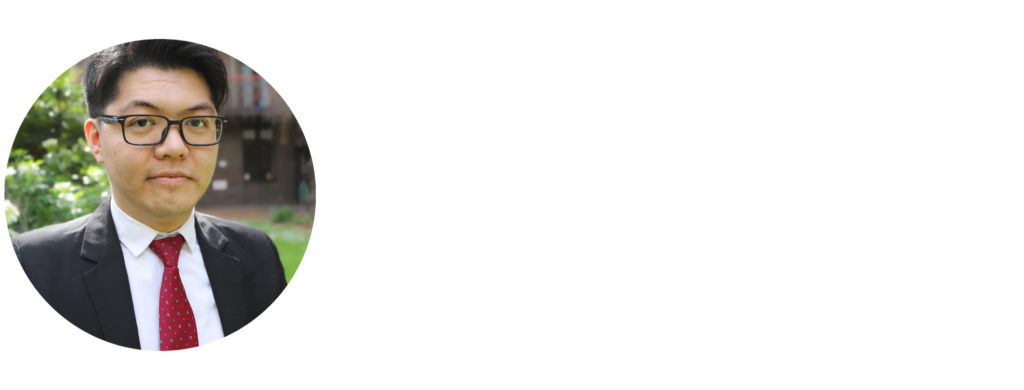When purchasing property in the UK, one of the most critical distinctions to understand is whether you are buying a leasehold or freehold property. Each comes with its own set of rights, responsibilities, and implications, which can significantly affect your ownership experience. This article delves into the advantages and disadvantages of leasehold vs freehold properties, helping you make an informed decision in your property purchase.
What is Freehold?
Owning a freehold property means you own the building and the land it stands on outright, with no time limit on ownership. This type of ownership is often considered the most straightforward and desirable because it provides full control over the property and its use.
Advantages of Freehold
1. Complete Ownership:
- You own the property and the land it stands on, giving you complete control over it.
2. No Ground Rent or Service Charges:
- Unlike leasehold properties, there are no additional annual charges such as ground rent or service charges.
3. Greater Flexibility:
- As the freeholder, you can make changes or renovations to the property (subject to planning permissions) without needing consent from a landlord.
4. Long-Term Security:
- There is no risk of the lease running out, providing long-term security for the owner and future generations.
What is Leasehold?
In contrast, owning a leasehold property means you own the building but not the land it stands on. The land is owned by a freeholder (landlord), and you have the right to use the property for a specified number of years, as outlined in the lease agreement. Leaseholds are commonly found in flats and apartments, although houses can also be leasehold.
Advantages of Leasehold
1. Lower Purchase Price:
- Leasehold properties often come with a lower purchase price compared to freehold properties, making them more accessible to buyers.
2. Maintenance Responsibility:
- The freeholder typically manages and maintains the common areas of the building, which can be advantageous for leaseholders who prefer not to handle these responsibilities themselves.
Disadvantages of Leasehold
1. Ground Rent and Service Charges:
- Leaseholders are usually required to pay annual ground rent and service charges to the freeholder, which can increase over time.
2. Limited Ownership Period:
- Leasehold ownership is time-limited. When the lease expires, ownership of the property reverts to the freeholder unless the lease is extended.
3. Consent for Changes:
- Leaseholders often need permission from the freeholder to make significant alterations to the property, which can be restrictive.
4. Lease Extensions:
- Extending a lease can be a costly and complex process, especially if the remaining lease term is short.
Key Considerations for Buyers
When deciding between leasehold and freehold, potential buyers should consider several factors:
1. Lease Term:
- If purchasing a leasehold property, it’s crucial to check the remaining term of the lease. A short lease (typically less than 80 years) can significantly affect the property’s value and make it difficult to secure a mortgage.
2. Costs:
- Evaluate all costs associated with the property, including ground rent, service charges, and potential costs for lease extensions or enfranchisement (buying the freehold).
3. Future Plans:
- Consider your long-term plans for the property. If you plan to stay in the property for many years or pass it down to heirs, a freehold might be more suitable.
4. Rights and Responsibilities:
- Understand your rights and responsibilities as a leaseholder or freeholder. This includes knowing what you can and cannot do with the property and what obligations you have towards maintenance and repairs.
Conclusion
Understanding the differences between leasehold and freehold properties is essential for making an informed decision in your property purchase. Freehold ownership offers complete control and long-term security, while leasehold ownership, though often more affordable initially, comes with additional responsibilities and potential restrictions.
By carefully considering the terms of ownership, associated costs, and your long-term plans, you can choose the property type that best suits your needs and lifestyle. Lisa’s Law is experienced in dealing with all types of conveyancing, offering professional legal advice at a competitive rate. If you have any enquiries, please get in touch.
Have questions? Get in touch today!
Call us on 020 7928 0276, phone calls are operating as usual and we will be taking calls from 9:30am to 6:00pm.
Email us on info@lisaslaw.co.uk.
Use the Ask Lisa function on our website. Simply enter your details and leave a message, we will get right back to you: https://lisaslaw.co.uk/ask-question/
For more updates, follow us on our social media platforms! You can find them all on our Linktree right here.






